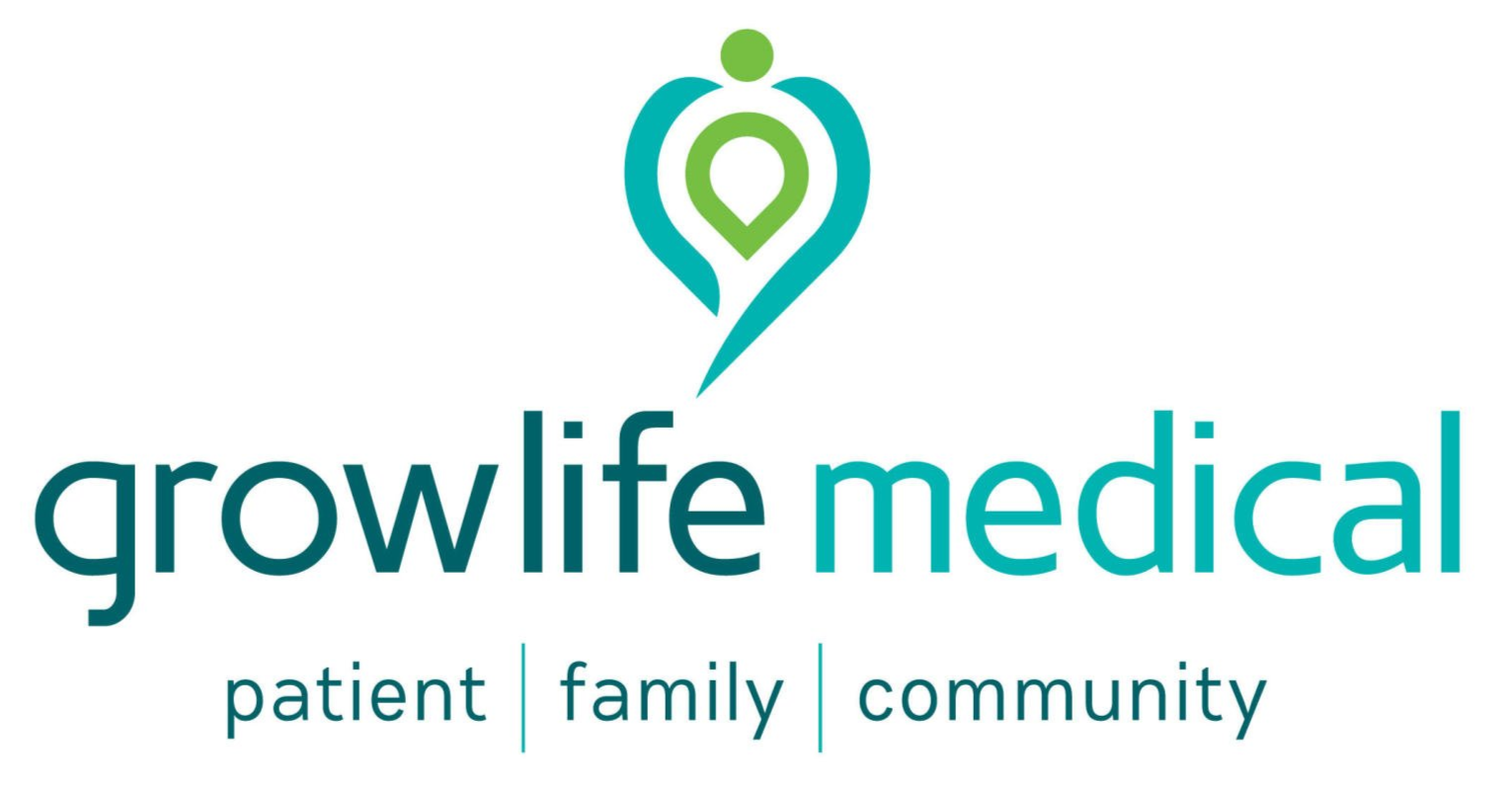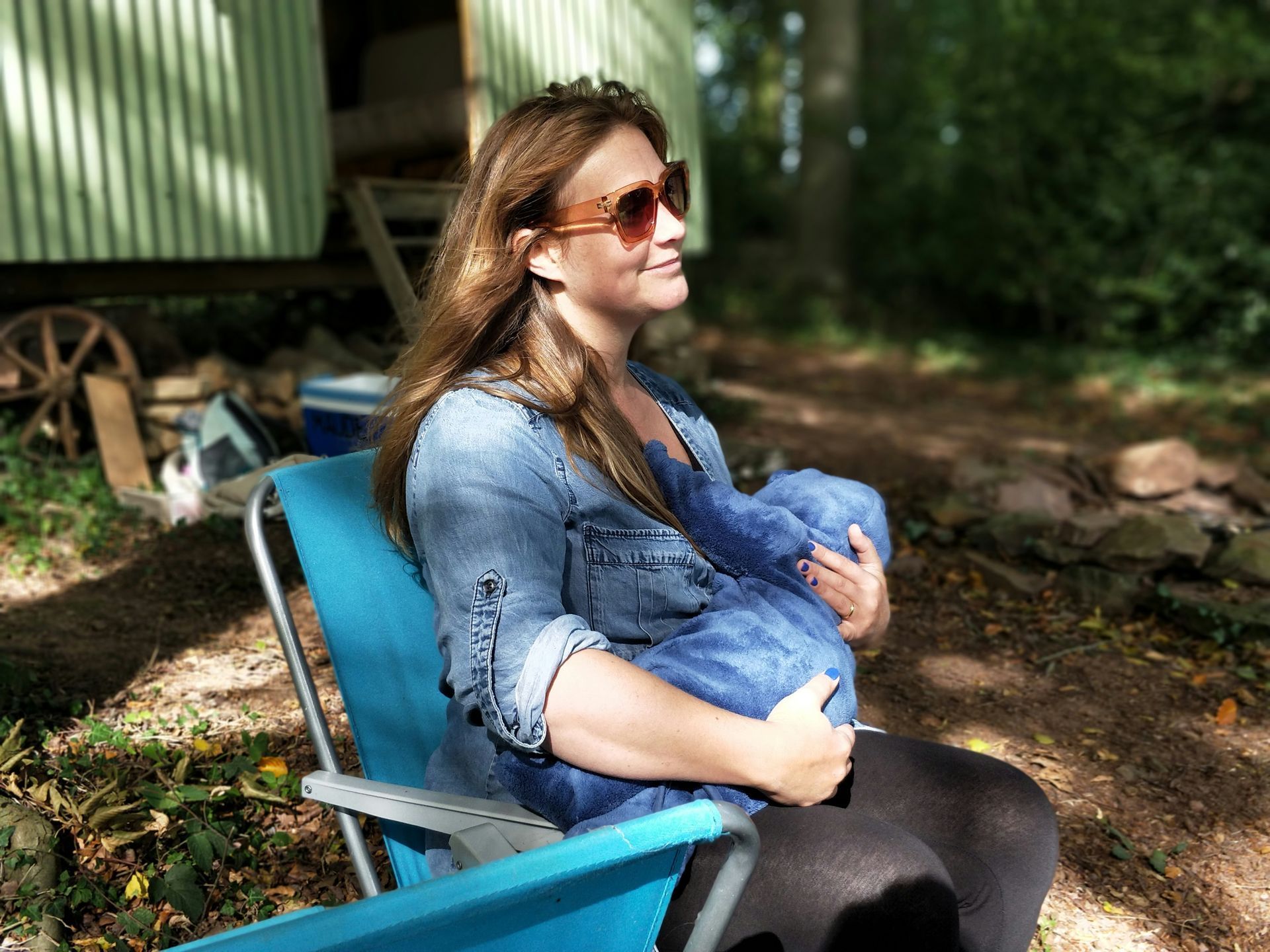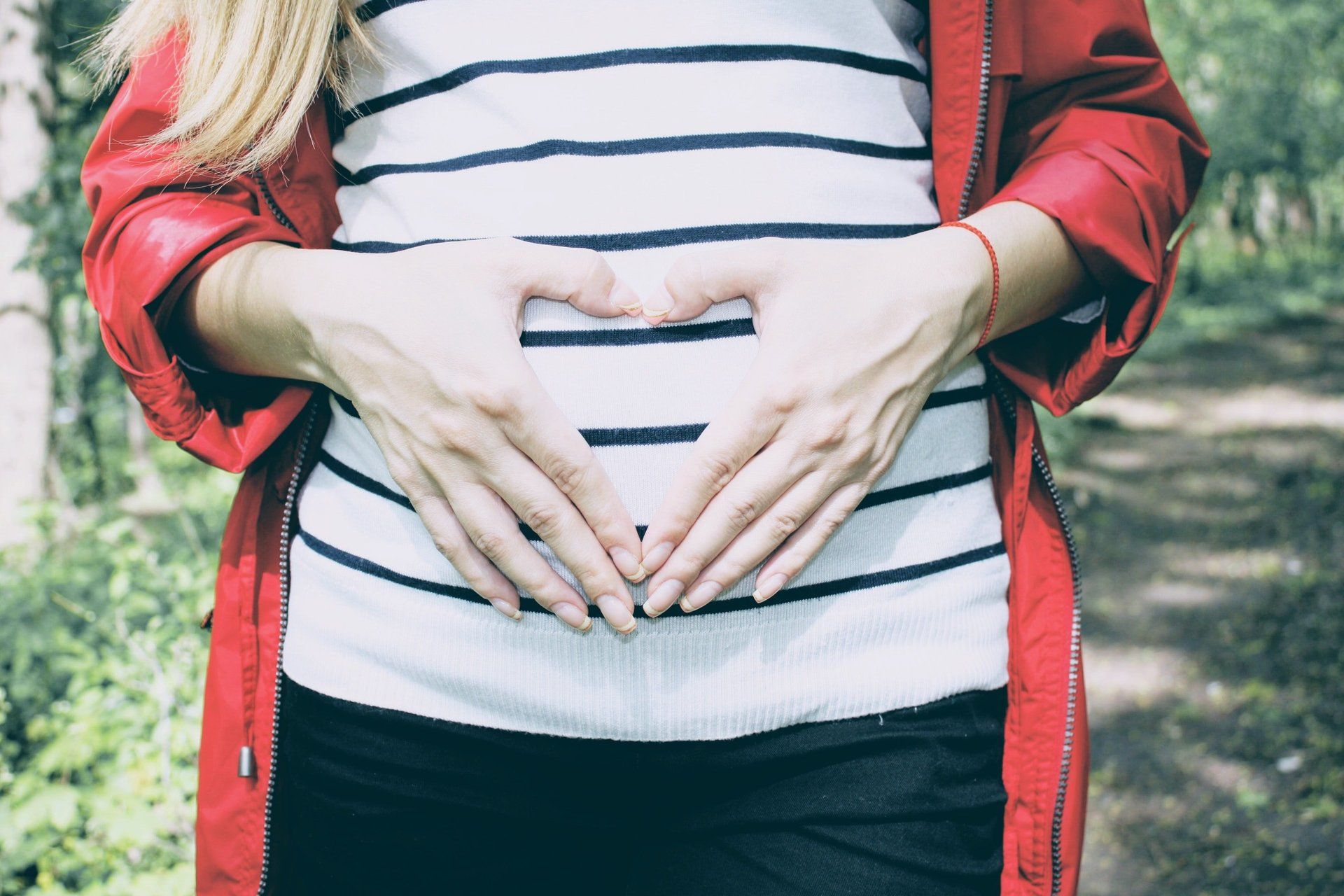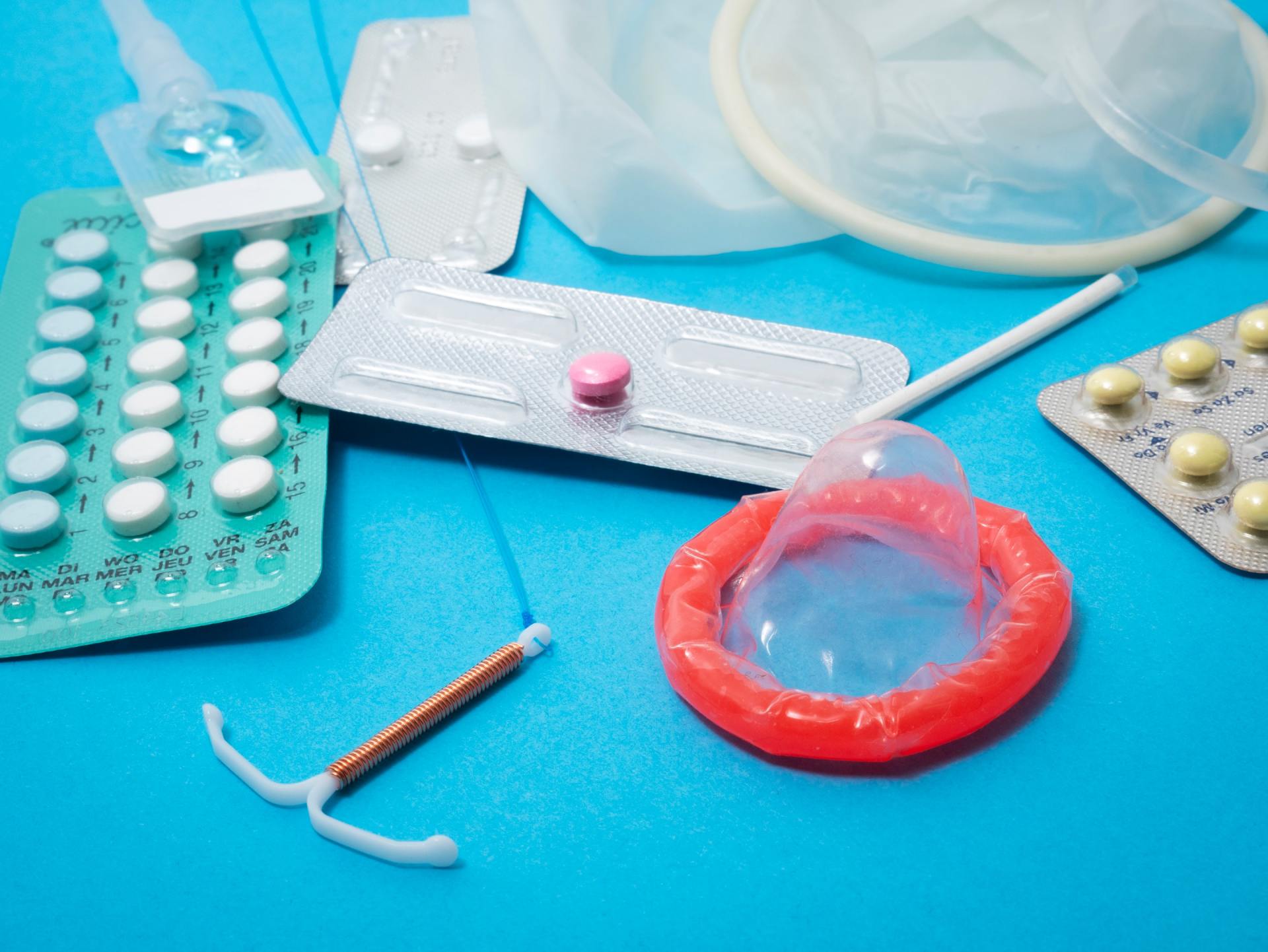What to Eat and Drink While Breastfeeding
Contrary to popular belief, there are no foods you should eat or avoid while breastfeeding. Interestingly, you don’t have to drink milk to make milk. Your body has the amazing ability to make milk out of anything you eat. But we do get lots of questions about what to eat and drink while breastfeeding? So here are some of our collective thoughts.
Let's bust some breastfeeding myths straight away:
Most mothers can eat chocolate, spicy foods, onions, broccoli, cabbage. The key is everything in moderation.
Eat to hunger, there is no need to consciously eat extra calories!
Drink to Thirst, not to prescribed amounts.
Research has not yet found a connection between a mothers intake and her milk production.
Growlife Medical looks at the issue of what to eat and drink while breastfeeding, breastfeeding supplements, tea, caffeine and alcohol.
Breastfeeding Diet
What do you do if your baby seems to react to something you have eaten as a result of your breastfeeding diet?
Remember first of all, that almost all babies have fussy periods. Your baby's fussiness is probably unrelated to your diet, especially if you do not see other physical signs of allergy or sensitivity such as rash, congestion or digestive upset.
If you do suspect a food is affecting your baby, it is best to see one of our GPs for an initial examination to check for common problems like problems with latch, hunger, growth & development and causes of pain such as an ear infection or sore throat. If it appears likely, your doctor may suggest eliminating the suspect food from your diet. It may take a couple of weeks for you to notice a difference. Cow’s milk and dairy are the most common foods to cause allergy and associated gastrointestinal upset. If dairy is the cause, two weeks of complete elimination should be enough to resolve the problem. It is important to reintroduce the suspected food, as a recurrence of the symptoms will confirm the diagnosis. Never restrict your diet longer than two weeks without seeing a paediatric dietitian .
Most common foods that cause allergies are dairy, soy, egg, peanuts and wheat.
Before trying an elimination diet, it is advisable to seek professional help from an IBCLC first to ensure that attachment is good and milk transfer is efficient. Poor fit and hold with breastfeeding, and switching breasts too soon, could lead to too much lactose which can cause digestive issues and an unsettled baby.
Breastfeeding Supplements
Breastfeeding Tea
Caffeine Breastfeeding
Breastfeeding Alcohol
Breastfeeding Support
Lactation Consultation
Sam Foster offers a holistic and empowering approach to breastfeeding support.
Sam can provide education, support and assistance in the comfort of your own home, at one of our clinics, or via telehealth.
Sonja Morgan is a GP Lactation Consultant who's expertise includes contraception, antenatal and postnatal care of mothers, as well as care for newborns.
Book a consultation with Growlife Medical today.
Other Articles On Breastfeeding











